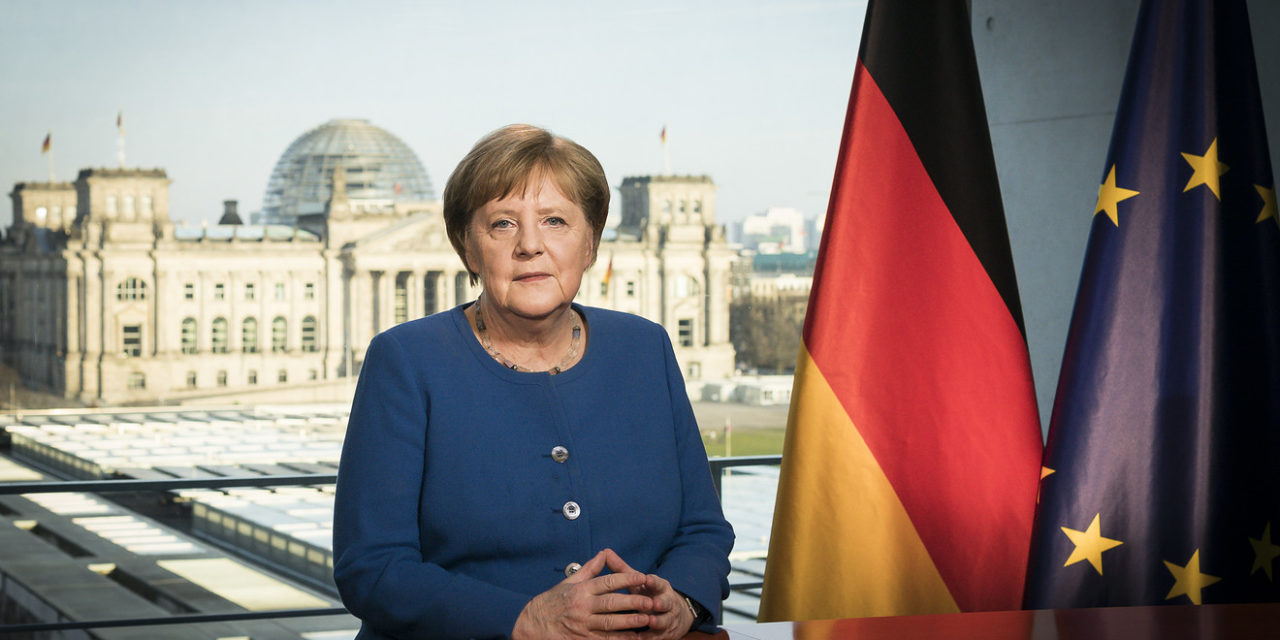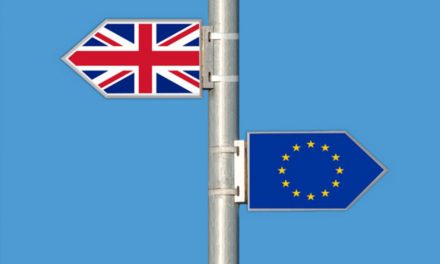Germany has taken over the six-month Presidency of the Council of the EU on the 1st of July. Under the motto “Together for Europe’s recovery”, the German Presidency is determined to tackle the consequences posed by the pandemic. The coronavirus has been identified as a significant challenge for the EU and the immediate management of the pandemic and recovery of the EU are at the heart of the German programme for the Presidency. The main aim is to reach a swift agreement on the Recovery Fund and the EU’s budget 2021-2027. By stressing that Germany is prepared to show “extraordinary solidarity”, Chancellor Merkel highlighted five areas that Europe needs to work on if it wants to emerge stronger from the current crisis: cohesion, climate change, digitalisation, and Europe’s role in the world. Germany intends to make progress on climate protection through the European Green deal and economic and social digitalisation. With a focus on Africa and relations with China, it also wants Europe to take more global responsibility and strengthen its role in the world. Another priority will be the future of EU-UK relations.
In line with her German counterpart, Commission President Ursula von der Leyen, also said ” the challenge ahead of us could not be more extraordinary, but we can emerge stronger thanks to “Next generation EU”. “Germany has chosen the word ‘Together’. This is the engine of our union”. This does not alter the fact that Germany will continue to dominate the EU.
Despite expressions of solidarity and pledges to continue “dialogue”, Chancellor Merkel has already told senior EU leaders in Brussels that entrenched disagreements between member states will make it very difficult to reach a deal on a landmark package of €1.85 tr., inclusive of a recovery package of 780 bn, at the European Council summit scheduled for the 17-18th July. Opponents of the “loans for grants” concept of financial aid, notably the so-called “frugal countries” ( Holland, Austria, Denmark and Sweden) are fighting a rear-guard action to keep tight control on spending decisions in the capitals and avoid ceding such authority to the Commission by retaining their national veto over the budget.
Traditional backroom horse-trading between Prime Ministers and Presidents could, most likely, prove not to be enough to approve the next EU budget. Also, the European Parliament’s initiative to expand existing sources of revenue and assert its role by creating new revenue streams for the EU budget through more taxation, (in particular through a carbon border tax, a tax on plastics and a new digital tax on tech giants, among others) is facing serious resistance in some national capitals coupled by a revived initiative of implementing a fiscal union through QMV. In effect, member states continue to this date to disagree over the size of the fund, the portion of non- reimbursable grants, the conditionality to access the money and the distribution criteria to allocate the resources. The Commission’s allocation key was questioned by a large group of countries, given that it was based on employment figures from the past.
As a result, Italy and Spain would be the main beneficiaries of the EU stimulus, although this would be a Trojan horse for deeper European integration with attached conditionalities that the unexpected context of the coronavirus and the ad hoc creation of the Recovery Fund has created. Although significant differences remain among member states on key issues, Italy’ Prime Minister, Conte, announced on July 7th, that the EU must actively decide to build a common response to the economic crisis caused by the COVID-17 pandemic and will not accept a “weak compromise”. The response would have to be”strong, practical and political”. In reality, the outcome of the summit will be the moment of truth, especially for Italy’s future course of action within the EU. Undoubtedly, the timely nomination of the Irish Paschal Donohoe as Eurogroup President will try and bring a different perspective as Ireland straddles the north-south divide on economic policy in the EU as a nordic country that has undergone a bailout.
A bigger headache for the German Presidency, however, is Washington and their respective ever diverging policies towards China. It is a well-known fact by now that Berlin’s priorities vis a vis China are having a profound impact on the EU’s approach towards the US, Europe’s traditional and most trustworthy ally. During its Presidency, Berlin is, in fact, aiming to reenergize its commercial ties with Beijing, de facto continuing on a present course which is consistent with how Germany has handled China in the last fifteen years: expressions of concern over human rights and pledges to continue dialogue coupled with a deepening of the commercial relationship. Whether the issue was oppression in Tibet or the Chinese leadership pervasive surveillance of its own citizenry, Merkel has always put German business first. At a time when China has come under heavy criticism across the Western world, in particular in the US and the UK, for not being more transparent about the origins of the coronavirus outbreak, and, more recently, for the suspension of democratic norms in Hong Kong, the German government has been deliberately and disappointingly more cautious in its response. China policy, on the other hand, is unlikely to change much for the hard-nosed US approach on trade and human rights.
It is difficult to overstate the importance of China as an export market for German goods, especially for cars and machinery. Since Merkel took over as Chancellor in 2005, German exports to China have risen fivefold to just under €100 bn last year. China remains a pillar of Berlin’s economic strategy and a key driver for its growth As the US, still, Germany’s export market overall continues to struggle to get the coronavirus outbreak under control, China is gradually returning to business as usual. If Germany is any indication, with one-third of China’s trade with the EU, it will not be difficult for China to continue to push into the EU and make important inroads into other countries as its practical goal is to compromise European and Western values, in particular its fundamental freedoms. Germany is however undeterred in using the EU to pursue its economic advantages with China and aims at concluding an “investment agreement”, a potential boon for German business, which has complained for years about anti-competitive practices and intellectual property.
Europe, under the German helm, may well be heading on a collision course with the US and the Anglosphere, as the Trump administration has already threatened to limit intelligence sharing with Germany and other allies that allow Chinese network suppliers. Merkel’s reluctance to call out China may well seem at odds with her image as a leader grided first and foremost by her moral compass.
Keeping the EU on the road takes on an existential importance for Germany now that the US, the bedrock of Germany’s prosperity since the Second World War, has become an uncertain ally and the UK, one of the main contributors towards the EU budget, is finally leaving the EU.
Hence Germany’s change of attitude towards the possibility of a mutualised debt, which in actual fact is a recognition by the German establishment that Germany needs Europe – not vice versa, and support for the recovery fund, conceived mostly by the now predominant German policy makers in Brussels, which is effectively concealed in terms of self-interest. Things are allowed to change, but only so that things remain the same, specifically to the benefit of Germany. Within the framework of the EU’s voting system, it is only unanimity which preserves national interests, and what is needed is a genuine proposal for reforming the treaties.
Italy, France, Spain, Portugal, Greece, is there finally any leadership at all?



